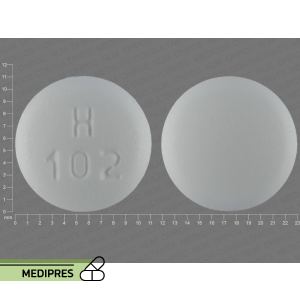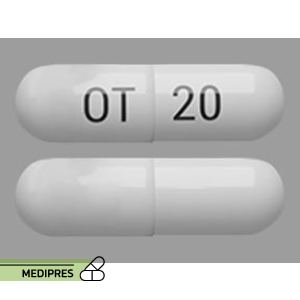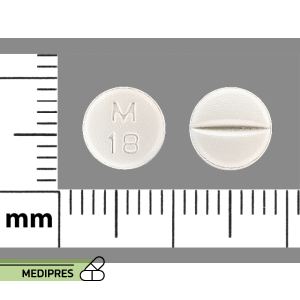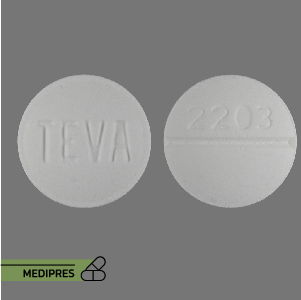
Meropenem
23 June, 2023
Methocarbamol
23 June, 2023Metformin
Generic name:
Metformin
Drug class:
Biguanide oral hypoglycemic agent
Dosage form:
- Tablet (immediate-release)
- Extended-release tablet (XR)
- Oral solution (varies by region)
Root of administration:
Oral
Dose:
- Immediate-release: Typical starting dose 500 mg twice daily or 850 mg once daily
- Maintenance dose: 1500–2000 mg/day divided doses (max dose up to 2550 mg/day in divided doses)
- Extended-release: Starting dose 500 mg once daily with evening meal; maintenance dose 1000–2000 mg/day once daily or divided
- Dose adjustments based on glycemic response, renal function, and tolerability
- Use with caution and dose adjustment required in renal impairment
Mechanism of action:
Metformin decreases hepatic glucose production (gluconeogenesis), decreases intestinal absorption of glucose, and improves insulin sensitivity by increasing peripheral glucose uptake and utilization. It does not stimulate insulin secretion.
Drug usage cases:
- Type 2 diabetes mellitus (glycemic control)
- Polycystic ovary syndrome (PCOS) – off-label use to improve insulin resistance and ovulation
- Prediabetes – to delay onset of type 2 diabetes (in select patients)
- Gestational diabetes mellitus – varies by guidelines, used cautiously
- Weight management adjunct in insulin-resistant obesity (off-label)
- Metabolic syndrome (off-label)
- Nonalcoholic fatty liver disease (NAFLD) – off-label usage
Drug contra indications:
- Severe renal impairment (eGFR <30 mL/min/1.73 m²)
- Acute or chronic metabolic acidosis, including diabetic ketoacidosis
- Hypersensitivity to metformin or any component of the formulation
- Acute or chronic conditions that may cause tissue hypoxia (e.g., acute heart failure, recent myocardial infarction, sepsis)
- Severe hepatic impairment
- Use during radiologic studies involving iodinated contrast agents unless adequate renal function is ensured and metformin is temporarily discontinued
Side effects:
- Gastrointestinal: diarrhea, nausea, vomiting, abdominal discomfort, flatulence, anorexia
- Vitamin B12 deficiency with long-term use
- Metallic taste in mouth
- Lactic acidosis (rare but potentially fatal)
- Hypoglycemia (rare when used as monotherapy)
- Rash and hypersensitivity reactions (rare)
- Elevated liver enzymes (rare)
Warnings:
- Risk of lactic acidosis: contraindicated in conditions predisposing to hypoxia, severe renal impairment, or acute illness
- Monitor renal function before initiation and periodically thereafter
- Hold drug prior to iodinated contrast imaging and restart only after renal function is confirmed stable
- Use cautiously in elderly due to risk of renal impairment
- Monitor for vitamin B12 deficiency during long-term therapy
- Not intended for use in type 1 diabetes or diabetic ketoacidosis treatment
Use during pregnancy or breastfeeding:
Metformin crosses the placenta but does not appear to increase the risk of congenital malformations. It is often used during pregnancy in women with gestational diabetes or preexisting type 2 diabetes when insulin therapy is not feasible or preferred; however, insulin remains the standard of care in many guidelines. The long-term safety data on offspring exposure is limited but evolving.
During breastfeeding, metformin is excreted in breast milk in small amounts but is considered compatible with breastfeeding by many authorities. Monitoring of the infant is advised as limited data exist on long-term effects.
Consultation with healthcare provider is essential to weigh benefits and risks during pregnancy and lactation.



